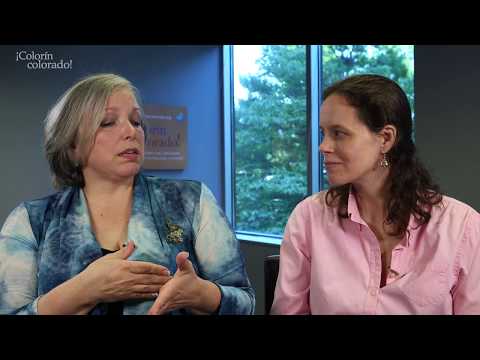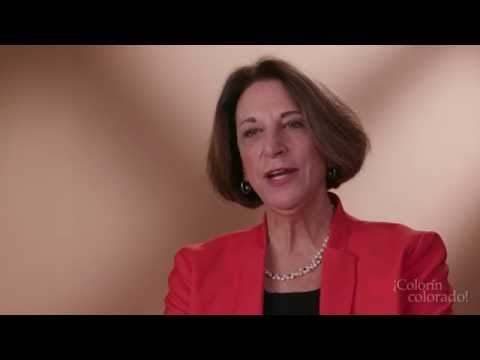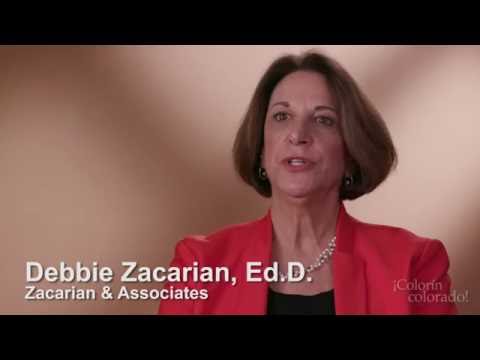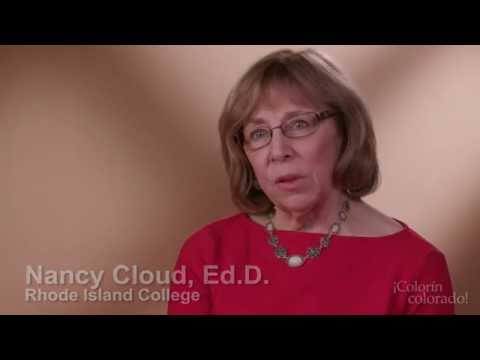Special Education and ELLs: The Role of ESL Specialists

Teachers who work regularly with English language learners (ELLs), particularly those who are certified as ESL specialists, have an important role to play in identifying and addressing students' needs, even if they don't have a special education background. They know students well, understand the process of language acquistion, and can bring valuable insights to a student evaluation. Learn more about this role and how ELL educators can start the process of joining the special education referral team.
Featured Articles
Related Video
Recommended Resources
Special Education Basics
If you are new to the special education world, the Center for Parent Information and Resources provides excellent information in clear language about key topics that can help you get oriented. Here are some highlights, and most of these resources are available in Spanish:
- Key Terms to Know in Special Education
- IDEA: The Individuals with Disabilities Education Act Overview
- Categories of Disability Under IDEA
- Fact Sheets on Specific Disabilities
- All About the IEP
Acknowledgements
This resource section was made possible through our partnership with the National Education Association. Additional support was provided by the American Federation of Teachers.













